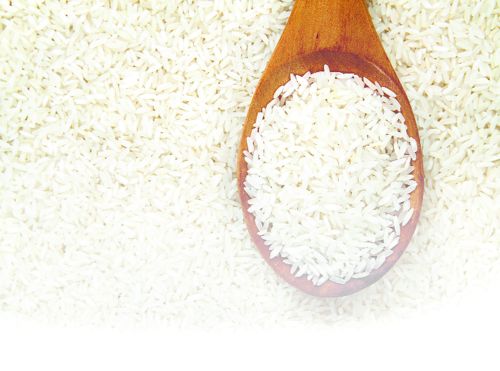Punjab Agricultural University (PAU), Ludhiana, has grown a new variety of basmati, ‘Punjab Basmati 7′, for commercial cultivation in the coming season in the state, with the aim of diversification and preservation of the state’s depleting underground water table.
This variant was created by crossing the standard basmati variety, ‘Basmati 386,’ with the most common basmati variety, ‘Pusa Basmati 1121.’ “Being a big export item, the ‘Queen’ of rice, basmati, is having a huge effect on our national economy,” says Dr. GS Mangat, Head, Department of Plant Breeding and Genetics. Approximately 44.54 lakh metric tonnes of basmati is shipped to various countries in 2019-20, totaling Rs 31,025.87 crore.”
Dr. Mangat says that in multi-locational trials, ‘Punjab Basmati 7′ yielded consistently better than the check varieties, referring to the variety’s key characteristics. Overall, it outperforms the common basmati varieties, Pusa Basmati 1121 and Pusa Basmati 1718, by 11.4 and 6.1 percent, respectively. He claims that it produces an average yield of 48.58 quintals per hectare (19.4 quintals per acre).
He also says that transplanting it in the first two weeks of July yields great results. According to him, ‘Punjab Basmati 7′ matures a week earlier than the check varieties, Pusa Basmati 1121 and Pusa Basmati 1718, and has a medium height (111 cm).
According to Dr. RS Gill, a rice specialist, ‘Punjab Basmati 7′ is resistant to all 10 pathotypes of the bacterial blight pathogen found in Punjab, while the most common variety, Pusa Basmati 1121, is susceptible. “The distinctive characteristic of ‘Punjab Basmati 7′ is that it has a heavy fragrance, similar to conventional basmati varieties. The other characteristics, such as grain dimensions, milling quality, and cooking quality, are comparable to Pusa Basmati 1121, the most common Basmati variety,” he says.
“In test trials under direct seeded conditions, ‘Punjab Basmati 7′ yielded 17.7% more than the check variety, Pusa Basmati 1121, while it has also been recommended for planting under direct sowing technology to save water,” says Dr Buta Singh Dhillon, another rice expert. “Punjab Basmati 7′ is a viable option for basmati farmers and other stakeholders,” he says, citing qualities such as higher yield, shorter length, heavy aroma, and good milling.
Both provincial test stations, seed farms, Krishi Vigyan Kendras, and Farmer Advisory Service Centres of PAU have seeds of ‘Punjab Basmati 7′ and other basmati and non-basmati varieties.




